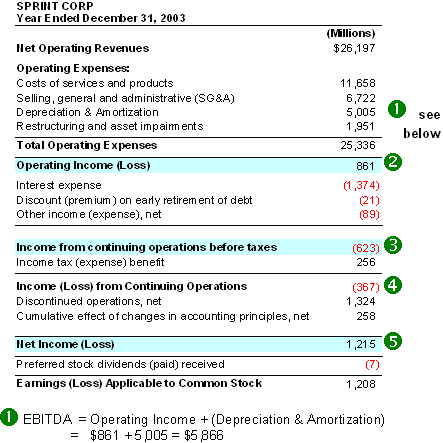How Does Goodwill Affect Financial Statements
Post on: 19 Май, 2015 No Comment

Sometimes a company’s most valuable assets are things that are impossible to touch or see. Imagine a trendy shoe company with an incredibly loyal customer base, or a corporation with stellar management team.
If another organization decides to buy such a business, it doesn’t just pay for its easily identifiable assets like cash and equipment – it also has to account for these more elusive qualities. The amount the buyer pays beyond the book value of these identifiable assets is recorded as a separate asset called “goodwill .” (This doesn’t mean the company owner can just make up a goodwill figure willy-nilly. The Financial Accounting Standards Board provides guidelines.)
Let’s say a clothing retailer, the fictitious Teal Orchid, has identifiable assets of $750,000, which includes the current value of its real estate, inventory, cash and accounts receivables. Yet when a larger entity, Samantha & Steve Fashions, purchases the clothier, it agrees to pay $850,000. Why? Because, with the Teal Orchid’s strong reputation, the buyer hopes it can more than make up for the extra amount in the long run.
The $100,000 beyond the value of its other assets goes under goodwill on the balance sheet. If the value of goodwill remains the same or increases, the amount entered there goes untouched.
The amount can change, however, if this goodwill declines. If that’s the case, the company undergoes what’s known as “goodwill impairment.” Perhaps, a year after the acquisition, the Teal Orchid division is only worth $800,000 in total. Not only does the amount of the asset take a hit, but so do Samantha & Steve’s earnings. That’s because it must now record that $50,000 impairment as an expense on its income statement.

While such write-downs don’t always attract much attention from the investment community, they can say a lot about whether the merger’s success or lack thereof. If the parent company has to keep revising its goodwill amount, it’s often a sign that it overpaid for another business and isn’t seeing the predicted returns. (Goodwill is calculated a little differently from intangible assets as a whole. Read more: Goodwill vs. Other Intangible Assets )
The Bottom Line
By definition, companies with a large amount of goodwill attract higher purchase prices. If the goodwill amount gets written down after the acquisition, however, it could be a clue that the buyout isn’t working out well.














